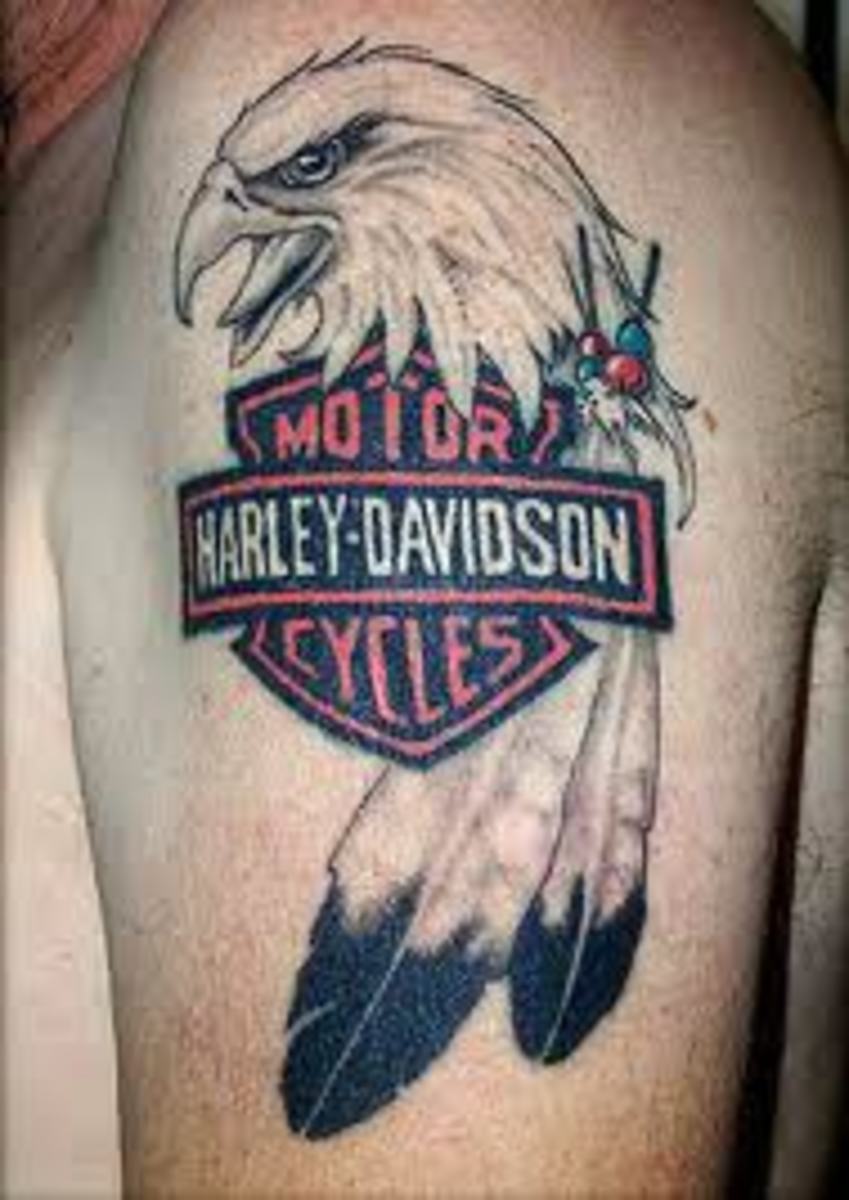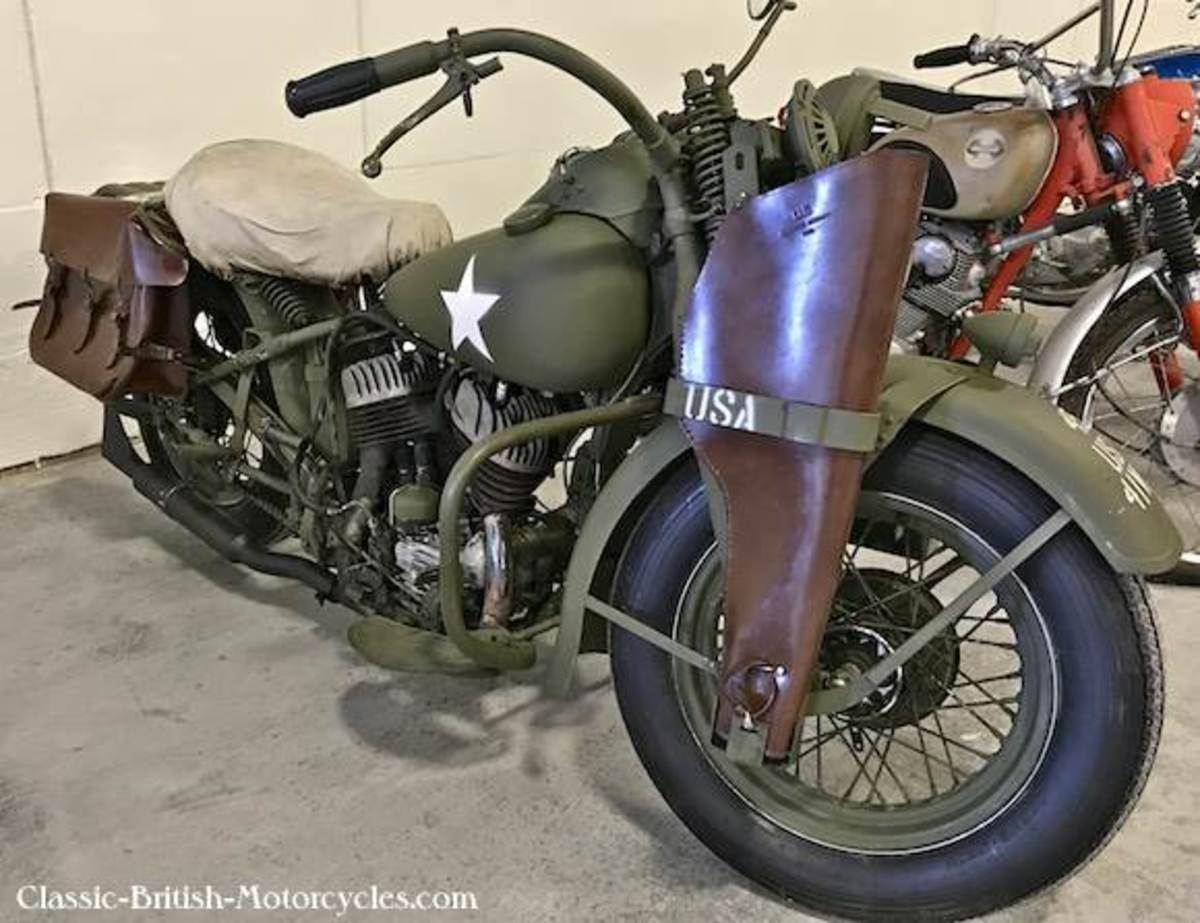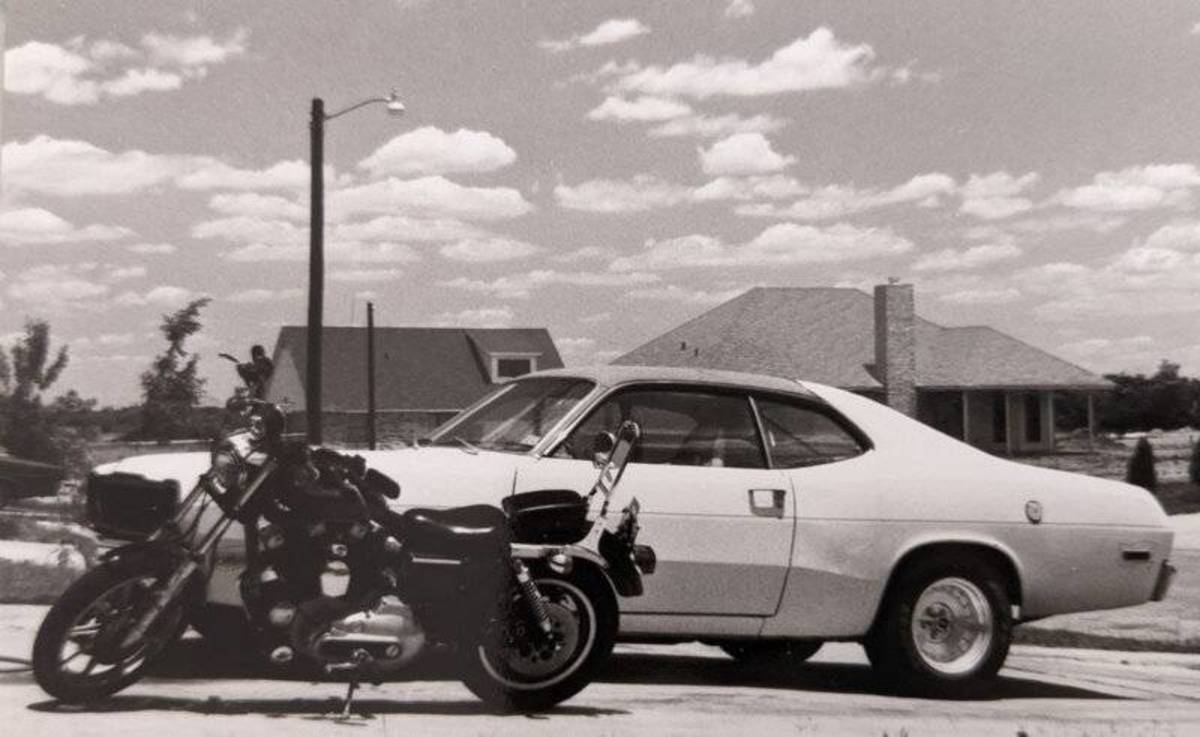How Harley Davidson became the dominate motorcycle in the world
Harley Davidson's secret to success in business.
Back in the early 1980s, Harley Davidson was on the verge of bankruptcy, putting the company founded in 1903, at risk of closing its doors. The company had been owned under the parent company AMF which was a sport and leisure manufacturer, did a terrible job in them management of Harley Davidson...and many other subsidiaries. This is a story of an American company that took back the brand and made the company the ENVY of the business world.
In any business, competition is tough and competing in the market for any business, is always a very difficult task. In the motorcycle manufacturing business, Harley Davidson had a few quality issues under AMF ownership, while the Japanese manufacturers built motorcycles that not only were less expensive, but much more reliable. Specifically, when Honda entered production of the CB-750, it was a larger motorcycle that most of the Japanese manufacturers had not ventured into, and with 750 cc's of displacement, it was now in the same category that was owned by Harley Davidson motorcycles...and it became a problem.
While AMF struggled with the quality issues, the brand continued to lose market share to the point that it was not sustainable to continue production of the Harley Davidson anymore. As the other Japanese manufactures continued to invade the larger displacement category of motorcycles, it left only the die hard Harley owner to purchase another Harley Davidson motorcycle. With the popularity of the Japanese brand of motorcycles, Harley Davidson could only request a tariff to protect the manufacturer from this competition, which was granted by the Federal Government of a 40% tariff for motorcycles exceeding 700 cc of displacement.
As private ownership was returned to the investment group that included Willie G. Davidson, the need to improve the product was essential. They re-engineered the engine and created the Evolution engine, which was a rubber mounted engine that had been improved all the way around, being made more durable and trouble free. At the same time, they realized they had a cult following for the brand therefore they maintained the classic big American classic look of the bikes, and made the best decision of all time...marketing the brand as a lifestyle.
What Harley Davidson knew, was that they had something unique that was UN-Japanese and they had to use this "Americana" to not compete by directly competing against the other brands, but as something more than just a motorcycle. Clyde Fessler was the genius behind this marketing approach, and Harley Davidson became THE motorcycle that everyone wanted. They leveraged the brand as a true American product that was all about attitude! Sure, you can buy a motorcycle that gets you around, but wouldn't you rather have a motorcycle that makes a statement?
Ever heard of the H.O.G. organization? This Harley Owners Group provided the marketing tool that Harley took advantage of, because the group brought recreation into the ownership experience, along with club membership. They do a lot of charity rides...which is great publicity, along with the experience of belonging to a group that gets together with the common theme of the motorcycle. This owners group started to attract the non-biker types, people who hadn't considered a motorcycle in the past, and the organization grew, while Harley Davidson market share continued to increase.
The marketing was pure genius, and an example for many business products and services that offer similar products that are hard to differentiate from. Instead of competing head on with the Japanese with specifications, ride quality, features, Harley Davidson created the lifestyle of ownership, and it produced a Harley Davidson in every garage as a hobby for many people.
Because the Harley brand is so popular, the company realized that not only the accessories are a profit center alone, but also the clothing that many people wear. My understanding is that the Harley Davidson motorcycle company makes more money in clothing sales and licensing, then they do selling motorcycles...because the brand is so identifiable. For more than 30 years, Harley Davidson has dominated the United States market share, with over 52% of ALL motorcycles in the United States are registered Harley Davidson every year. That figure was higher ten years ago, but they are still the king of the hill when it comes to motorcycles.
The future looks bright for the company in the future, as in the 25 to 35 year old age group, Harley Davidson is still considered to be the MUST HAVE motorcycle, as they saw the baby boomer generation gravitate toward the brand. Harley Davidson also is marketing more to the female population and owns that more than any other manufacturer, and they are now getting to be a more global company, selling motorcycles outside of the U.S. as the latest method of growing the brand.
All in all, it is a success story that really needs to be studied, whether you are a motorcycle enthusiast or not. No other company has come close to owning market share the way they do, for as long as they have, with a following that dominates any other product in the world.







